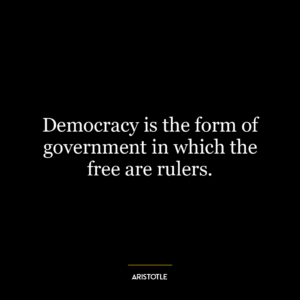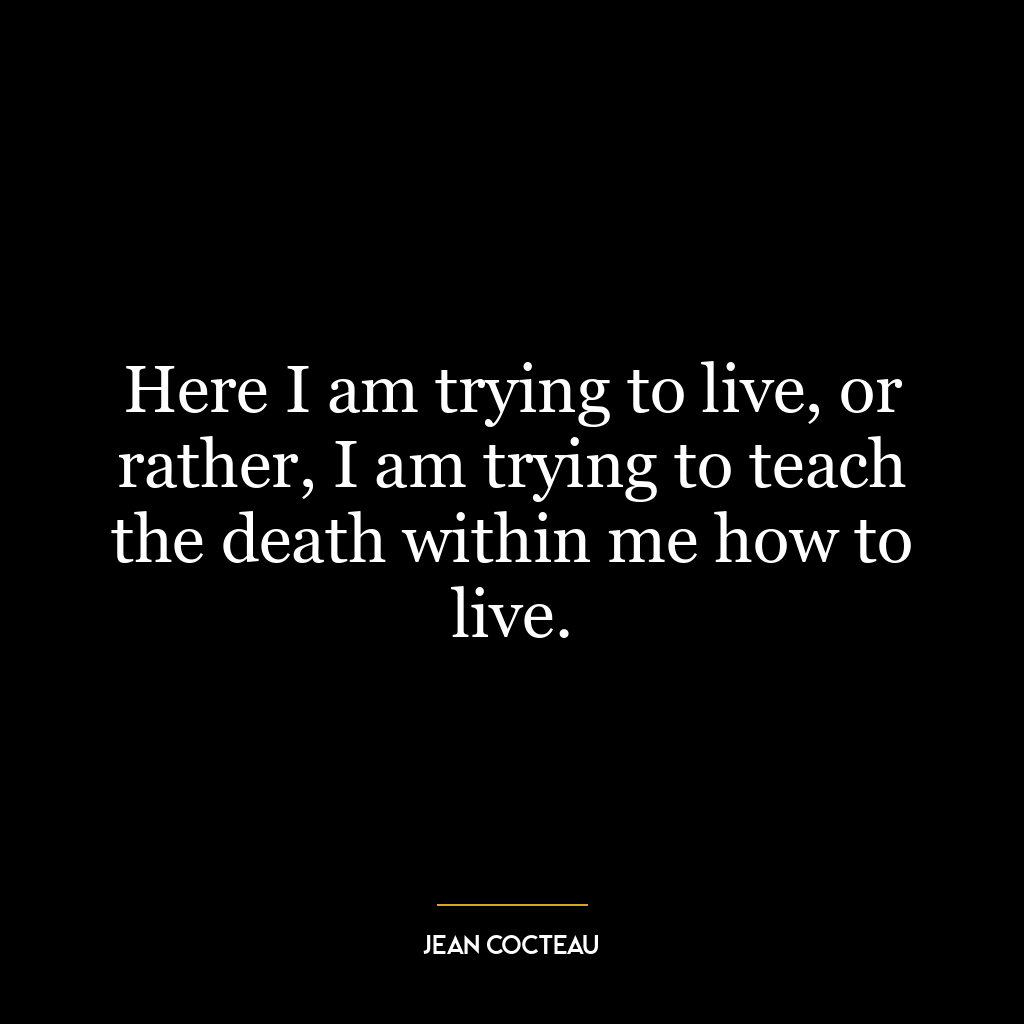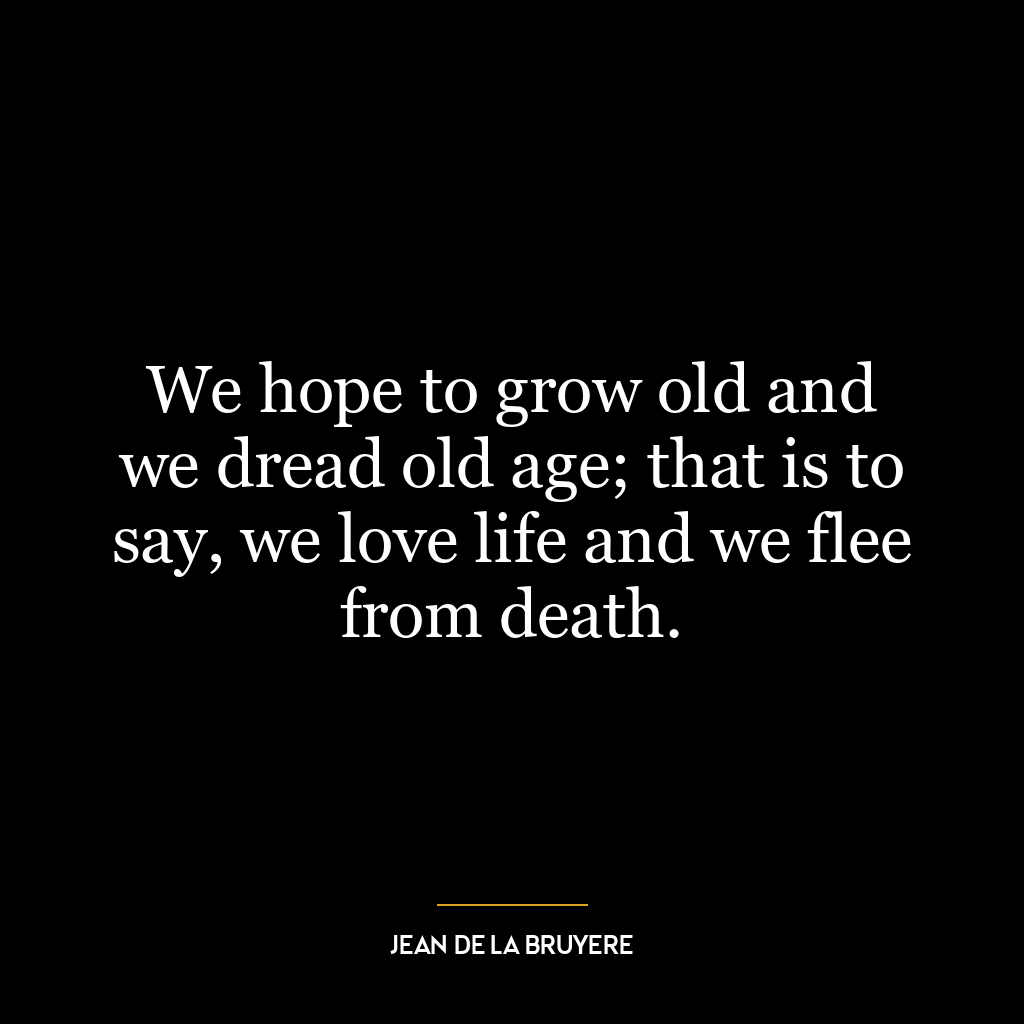This quote emphasizes the profound difference between the educated and the uneducated, comparing it to the stark contrast between the living and the dead. It suggests that education, in its broadest sense, is not just about acquiring knowledge, but about being ‘alive’ in a way that the uneducated are not. This ‘aliveness’ can be interpreted as the ability to think critically, to question, to make connections between different areas of knowledge, and to continually learn and grow. In contrast, the uneducated, like the dead, are portrayed as passive, unresponsive, and unable to engage fully with the world around them.
In terms of personal development, this quote can serve as a powerful reminder of the importance of lifelong learning. It suggests that to stop learning is to stagnate, to become passive and unresponsive like the dead. This idea is particularly relevant in today’s rapidly changing world, where new technologies and ideas are constantly emerging. In this context, those who continue to learn and adapt are more likely to thrive, while those who do not risk being left behind.
Moreover, in a broader societal context, the quote underlines the importance of education for the health and vitality of a community or a nation. An educated populace is more likely to be engaged, active, and capable of contributing to the betterment of society. Conversely, a lack of education can lead to passivity, disengagement, and a lack of progress.
However, it’s important to note that ‘education’ in this context doesn’t just refer to formal schooling. It also encompasses self-directed learning, practical skills, emotional intelligence, and a wide range of other forms of knowledge and understanding. Thus, the quote also serves as a reminder that there are many different ways to be ‘educated’, and many different ways to be ‘alive’.















